

FUCK TV(2019)
After concluding the now-legendary public access TV series, The Pain Factory, Michael Nine embarked on a new and more subversive public access endeavor: a collaboration with Scott Arford called Fuck TV. Whereas The Pain Factory predominantly revolved around experimental music performances, Fuck TV was a comprehensive and experiential audio-visual presentation. Aired to a passive and unsuspecting audience on San Francisco’s public access channel from 1997 to 1998, each episode of Fuck TV was dedicated to a specific topic, combining video collage and cut-up techniques set to a harsh electronic soundtrack. The resultant overload of processed imagery and visceral sound was unlike anything presented on television before or since. EPISODES: Yule Bible, Cults, Riots, Animals, Executions, Static, Media, Haterella (edited version), Self Annihilation Live, Electricity.
Movie: FUCK TV
Video Trailer FUCK TV
Similar Movies
 0.0
0.0Karikpo Pipeline(xx)
The Karikpo masquerade - a traditional dance of the Ogoni tribe - is transposed onto the remnants of a faded oil industry programme in the Niger delta.
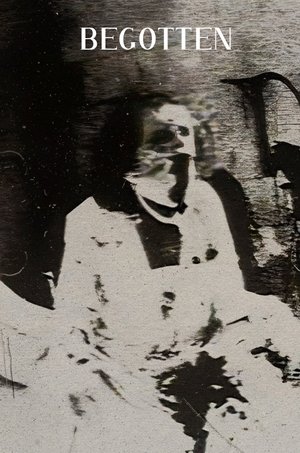 5.9
5.9Begotten(en)
Begotten is the creation myth brought to life, the story of no less than the violent death of God and the (re)birth of nature on a barren earth.
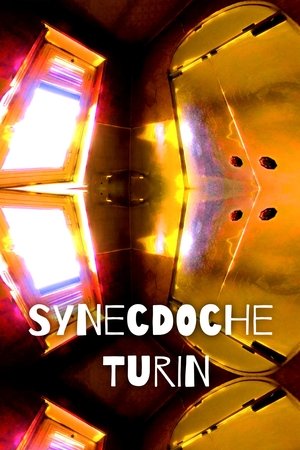 10.0
10.0Synecdoche Turin(en)
It’s often a sense of shakiness which emerges in seeking affordable rent. Furthermore, leasing a real estate in the time of Covid it’s an enough though enterprise due to the different restrictions in moving freely and without any fear even visiting the venue, still not to mention the angst before the future that a change in life like a relocation involves so that everything starts spinning around. Such a pretty much postmodern sensation should have had Hazel in the Synecdoche, New York by Charlie Kaufman when she rents a burning house, which becomes quite her home yet with this persisting sense of precarity still not precluding to keep going. The experience is now translocated in another city, Turin. It still remains a burning house in a burning city, however it becomes home to someone.
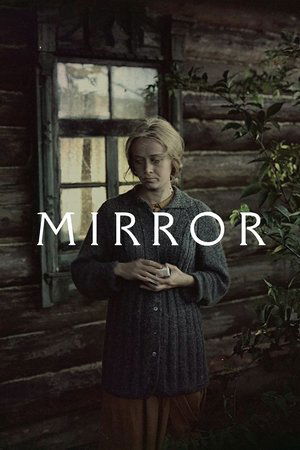 8.0
8.0Mirror(ru)
A dying man in his forties recalls his childhood, his mother, the war and personal moments that tell of and juxtapose pivotal moments in Soviet history with daily life.
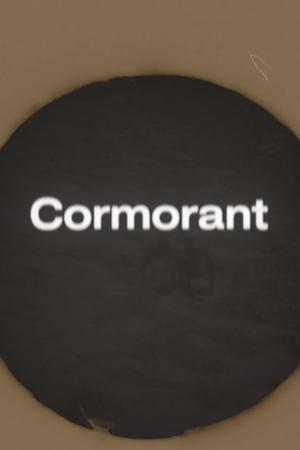 0.0
0.0Cormorant(en)
A 16mm experimental short film loosely following a cormorant as it attempts to dry its wings.
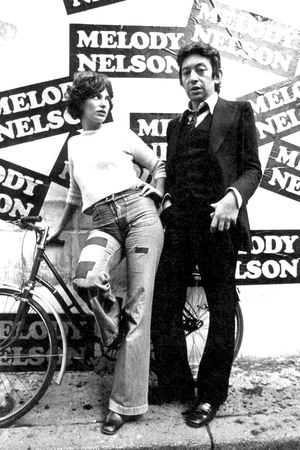 6.5
6.5Melody(en)
Although Gainsbourg and Birkin had appeared in a string of films since their magnetic collision in Pierre Grimblat’s Slogan, Melody was a bit of diversion from their collaborations since it’s a series of interwoven videos inspired by the Gainsbourgalbum. For '71 it’s a novel concept to bring visual life to an LP, but even more surprising are the short film’s amazing visuals that director Averty crafted using a wealth of video filters, overlays, camera movements and chroma key effects. Averty applies these in tandem with the increasing tone of Gainsbourg’s songs, which more or less chronicle an older man's affair with a young girl. Each song is comprised of steady, sometimes brooding poetic delivery, with refrains timed to the phrase repeats of each song, while Alan Parker’s buzzing guitar accompanies and wiggles around Gainsbourg’s resonant voice. The bass is fat and groovy, the drums easy but steady, and the periodic use of strings or rich vibrato makes this short a sultry little gem.
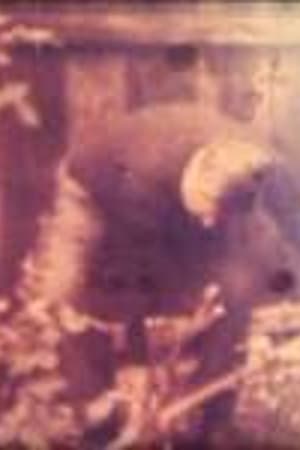 4.0
4.0Memory(pt)
Memory is a collaboration with musician Noah Lennox (Panda Bear), exploring the relationship between a musician and filmmaker and their personal reflection on memories. From Super 8 home movies and entirely handmade, this film explores familiar memories, the present moment combined with past experiences and how it all seems to evade from our present memory.
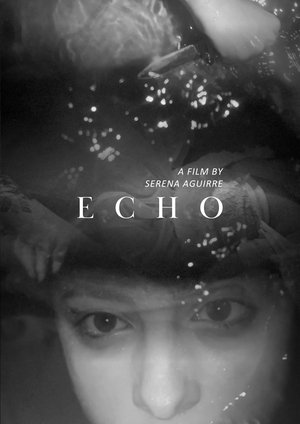 0.0
0.0Echo(en)
A reframing of the classic tale of Narcissus, the director draws on snippets of conversation with a trusted friend to muse on gender and identity. Just as shimmers are difficult to grasp as knowable entities, so does the concept of a gendered self feel unknowable except through reflection. Is it Narcissus that Echo truly longs for, or simply the Knowing he possesses when gazing upon himself?
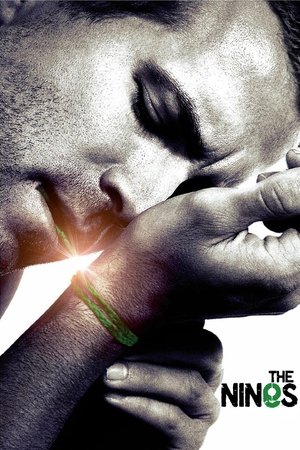 6.0
6.0The Nines(en)
A troubled actor, a television show runner, and an acclaimed videogame designer find their lives intertwining in mysterious and unsettling ways.
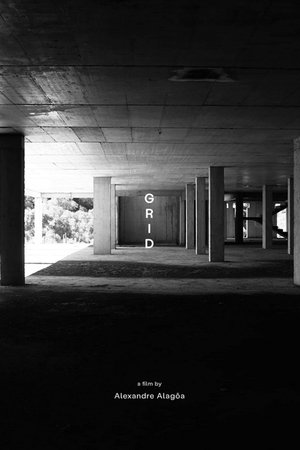 6.0
6.0Grid(pt)
A ritual of grids, reflections and chasms; a complete state of entropy; a space that devours itself; a vertigo that destroys the gravity of the Earth; a trap that captures us inside the voids of the screen of light: «That blank arena wherein converge at once the hundred spaces» (Hollis Frampton).
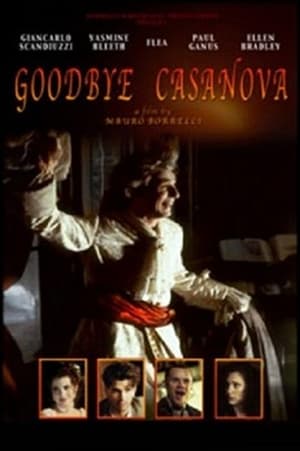 0.0
0.0Goodbye, Casanova(en)
A aspiring novelist operates a tiny neighborhood bookstore. His wife is a talented painter. Their marriage is disintegrating, and they are about to sign their divorce papers. Meanwhile, the legendary Casanova and his lover Lavinia are characters trapped inside of a 17th-century children's book. The tragedy of the impending divorce triggers the release of Casanova and Lavinia from the confines of the children's pop-up book.
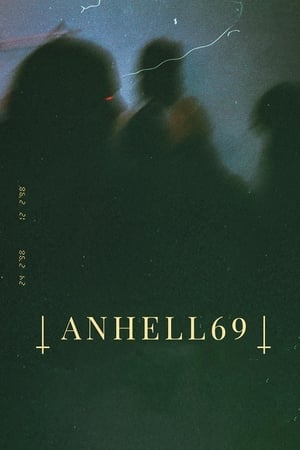 6.0
6.0Anhell69(es)
A funeral car cruises the streets of Medellín, while a young director tells the story of his past in this violent and conservative city. He remembers the pre-production of his first film, a Class-B movie with ghosts. The young queer scene of Medellín is casted for the film, but the main protagonist dies of a heroin overdose at the age of 21, just like many friends of the director. Anhell69 explores the dreams, doubts and fears of an annihilated generation, and the struggle to carry on making cinema.
 0.0
0.0Once Faithful(en)
Days slip away in a former baptist church haunted by its past
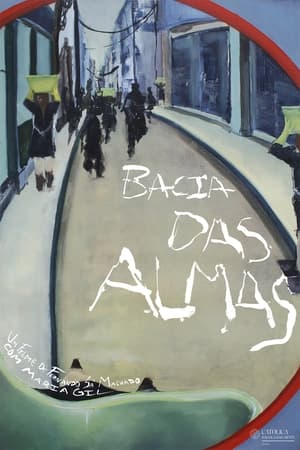 0.0
0.0Basin of Souls(pt)
Rua de Santa Catarina, a street that was formerly home to dozens of local businesses and hundreds of Porto residents, now sees a crowd of tourists attracted by the cheap, disposable amenities that are popping up everywhere at once. Gentrification has decontextualized Portuguese culture, rendering the landscape uncanny. The Basin Woman, a symbol of the female workers of the historic Bolhão Market, is chased down by seagulls in the midst of this transcendent chaos.
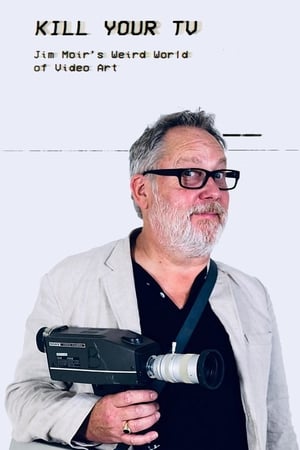 0.0
0.0Kill Your TV: Jim Moir’s Weird World of Video Art(en)
Jim Moir (aka Vic Reeves) explores Video Art, revealing how different generations ‘hacked’ the tools of television to pioneer new ways of creating art that can be beautiful, bewildering and wildly experimental.
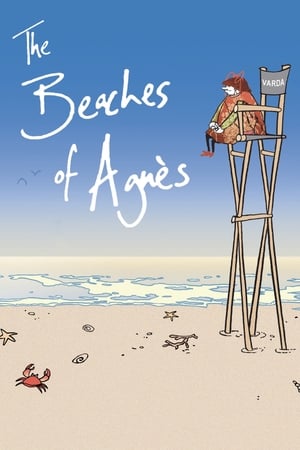 7.7
7.7The Beaches of Agnès(fr)
Filmmaking icon Agnès Varda, the award-winning director regarded by many as the grandmother of the French new wave, turns the camera on herself with this unique autobiographical documentary. Composed of film excerpts and elaborate dramatic re-creations, Varda's self-portrait recounts the highs and lows of her professional career, the many friendships that affected her life and her longtime marriage to cinematic giant Jacques Demy.
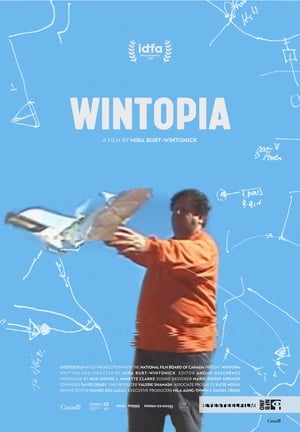 10.0
10.0Wintopia(en)
IDFA and Canadian filmmaker Peter Wintonick had a close relationship for decades. He was a hard worker and often far from home, visiting festivals around the world. In 2013, he died after a short illness. His daughter Mira was left behind with a whole lot of questions, and a box full of videotapes that Wintonick shot for his Utopia project. She resolved to investigate what sort of film he envisaged, and to complete it for him.
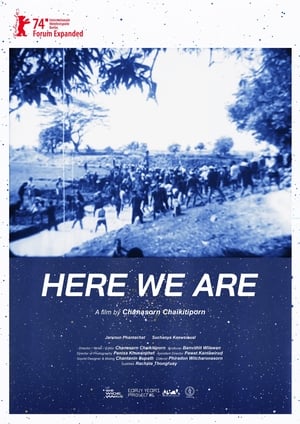 0.0
0.0Here We Are(th)
A housekeeper received a film made by her daughter. It's a film that combines found footages of Thailand during the Cold War with the present days images of Bangkok. Through these images she tells a story of the house owner and her own story of coming to the capital.
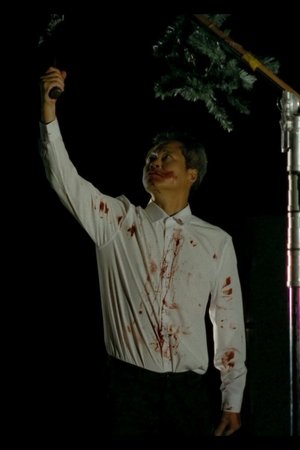 0.0
0.0The Bek Show: End of Civilization(ko)
The versatile artist, BEK Hyunjin ventures into theater direction, leaving the actors in a state of confusion. His unconventional direction unfolds into strange scenes on stage. Scenes of people howling, a woman's monologue, another woman lip-syncing a song appear in random order, and BEK Hyunjin himself appears on stage as a primitive man, a singer and a narrator.
 7.3
7.3House(ja)
Hoping to find a sense of connection to her late mother, Gorgeous takes a trip to the countryside to visit her aunt at their ancestral house. She invites her six friends, Prof, Melody, Mac, Fantasy, Kung Fu, and Sweet, to join her. The girls soon discover that there is more to the old house than meets the eye.
